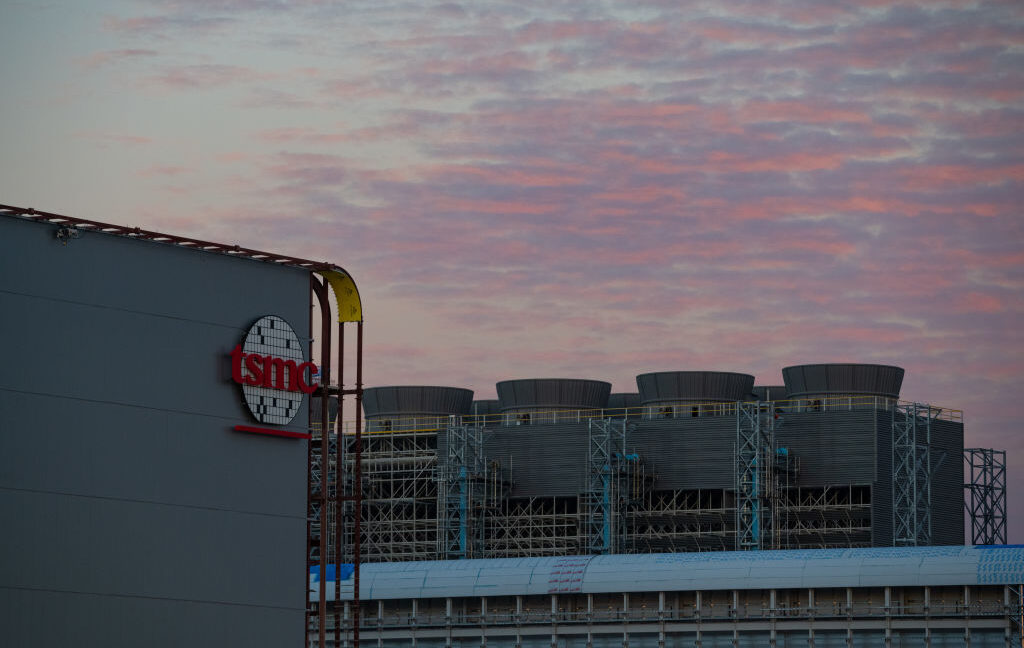
At present, TSMC solely builds its most superior chips in Taiwan. However when probably the most superior US fabs are operational, they will be ready to fabricate “tens of tens of millions of modern chips” to “energy merchandise like 5G/6G smartphones, autonomous autos, and AI datacenter servers,” the Commerce Division stated in 2024.
TSMC has not confirmed the WSJ’s report however offered an announcement: “We’re happy to have a chance to fulfill with the President and sit up for discussing our shared imaginative and prescient for innovation and progress within the semiconductor trade, in addition to exploring methods to bolster the expertise sector together with our clients.”
Trump risk of semiconductor tariffs nonetheless looms
Superior chips are thought to be vital for AI innovation, which Trump has prioritized, in addition to for nationwide safety.
With out a regular provide, the US dangers substantial technological and financial losses in addition to potential weakening of its navy.
To avert that, Trump campaigned on imposing tariffs that he claimed would drive extra semiconductor manufacturing into the US, whereas criticizing the CHIPS Act for costing the US billions. Following by on that promise, in February, he threatened a “25 % or extra tariff” on all semiconductor imports, the WSJ reported. According to CNBC, Trump steered these tariffs could possibly be in impact by April 2.
“We’ve got to have chips made on this nation,” Trump stated final month. “Proper now, every part is made in Taiwan, virtually, nearly all of it, somewhat bit in South Korea, however every part—nearly all of it’s made in Taiwan. And we would like it to be made—we would like these corporations to return to our nation, in all due respect.”
Whereas it is unclear if Trump plans to overtly kill the CHIPS Act, his authorities funding cuts might set off a future the place the CHIPS Act dies with no employees left to certify that corporations meet necessities for ongoing award disbursements, a semiconductor trade marketing consultant group, Semiconductor Advisors, warned in an announcement final month.
“If I have been working a chip firm, I’d not depend on CHIPS Act funding, even when I had a signed contract,” SA’s assertion stated.

